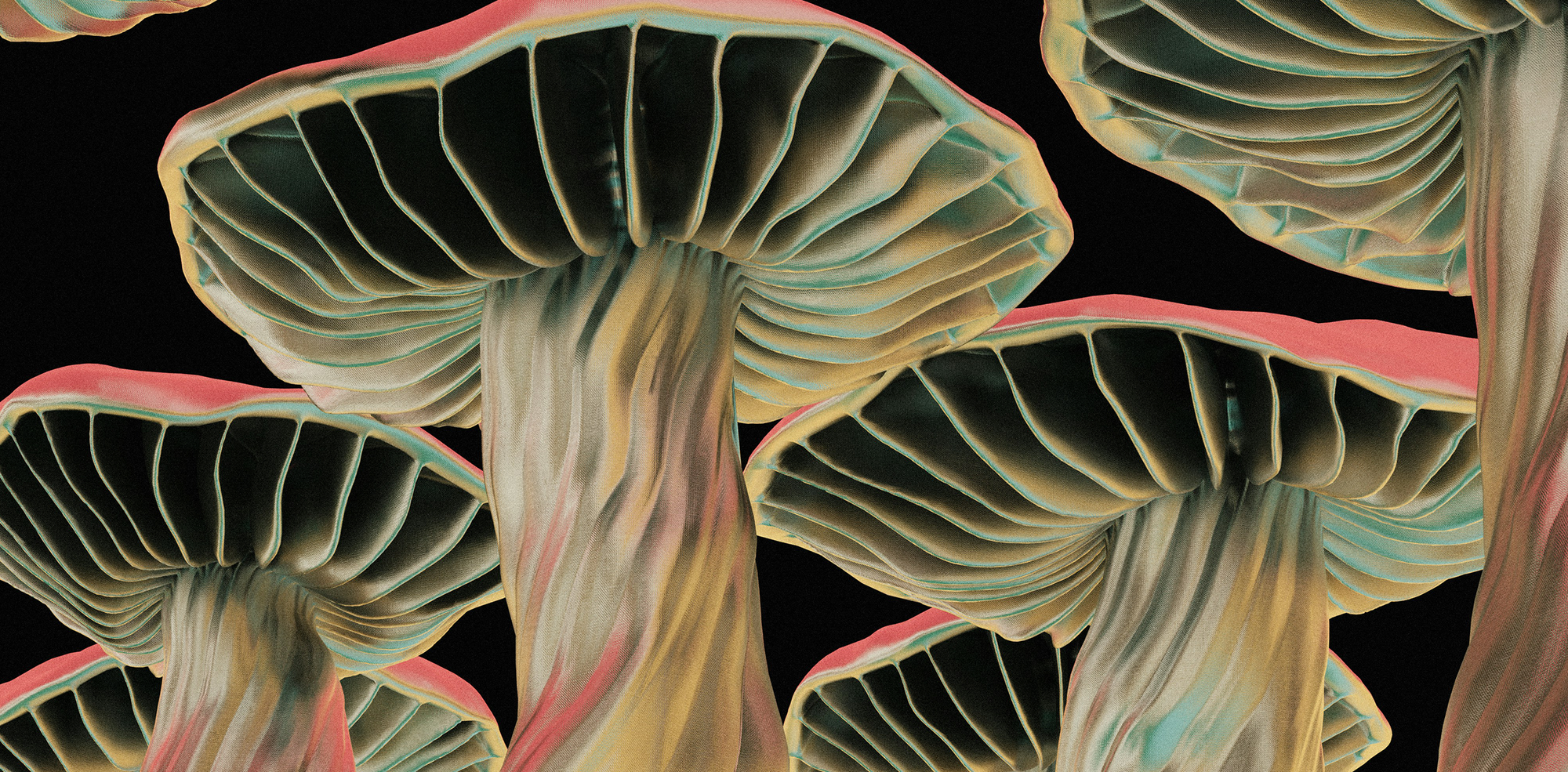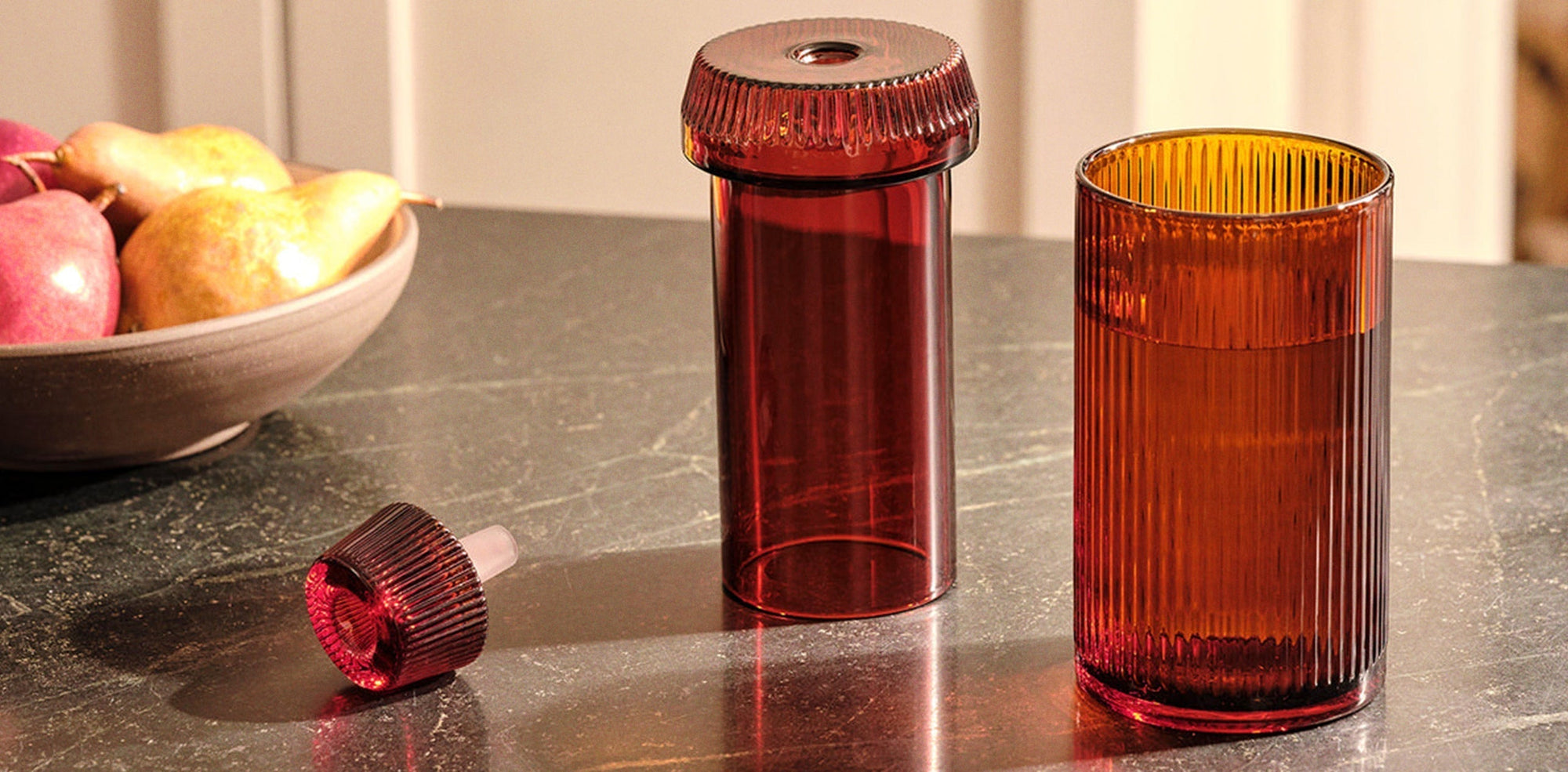Hidden beneath forest floors and tucked away in shady corners, mushrooms have long held a special place in human health and healing. From the mystical reishi revered in Eastern traditions to the humble turkey tail decorating fallen logs, these fascinating fungi have long been honoured for their ability to support our wellbeing. From traditional medicine cabinets to modern laboratories, these fascinating fungi continue to surprise us with their potential.
The conversation around mushrooms' therapeutic potential gained new momentum when Australia joined the first wave of countries legalising psilocybin for medical use in July 2023. Psilocybin, if you are not already familiar, is the active ingredient in magic mushrooms, which elicit powerful hallucinogenic effects when ingested. While this development specifically focuses on treating resistant depression under psychiatric supervision, it opens up broader discussions about fungi's role in modern medicine.
This isn't entirely new territory. Traditional Eastern healing practices have worked with various mushroom species for thousands of years, and Japan has been incorporating turkey tail mushroom extracts into mainstream cancer treatments since the 1970s. As interest in natural approaches to health grows, so does the global mushroom supplement market. But what does the research actually tell us about these fascinating fungi?
Like any other trend in the wellness world, it is imperative for those of us in healthcare to have a look at the science before recommending anything with confidence. As it turns out, there has been a variety of research into mushroom extracts with varying results. Here are some short summaries of the findings around some of the more common mushroom species on the market.
Turkey Tail
This beautiful fungus has earned its place in modern medicine through solid research. Studies show its component polysaccharide-K may stimulate the immune system, with clinical trials indicating improved survival rates for people with colon and gastric cancer.

Shiitake
Beyond their culinary fame, shiitake mushrooms contain lentinan, a compound that clinical trials suggest may extend survival in prostate, stomach, liver and colorectal cancers when combined with chemotherapy. Both turkey tail and shiitake derivatives are approved complementary cancer treatments in Japan.

Lion’s Mane
Early research shows promise for brain health, with small clinical trials indicating improved cognitive performance in people with mild cognitive impairment and early Alzheimer's. While these results are encouraging, it's worth noting the studies were small and some researchers had connections to supplement companies.

SHOP ENDOCA LIONS MAINE MUSHROOM EXTRACT
Reishi
This traditional favourite has shown potential benefits for type 2 diabetes, high blood pressure, heart disease, and cancer in human trials. While promising, more robust research is needed before drawing firm conclusions.

SHOP ENDOCA RED REISHI MUSHROOM EXTRACT
Chaga
Animal studies suggest chaga extract might support learning, memory, and exercise endurance while reducing inflammation and blood sugar. However, we're still waiting for substantial human research to confirm these effects.

SHOP ENDOCA CHAGE MUSHROOM EXTRACT
Cordyceps
Despite their fame (or infamy) from ‘The Last of Us’, and various health claims including potential antidepressant properties, cordyceps still lacks solid clinical trial evidence for most suggested benefits.

SHOP ENDOCA CORDYCEPS MUSHROOM EXTRACT
While the research is promising, we're still in the early stages of understanding how to best use medicinal mushrooms in clinical settings. Modern medicine typically works with single, isolated compounds that can be precisely dosed and studied. Mushroom extracts, however, contain hundreds of compounds, and their effects can vary depending on growing conditions and processing methods.
This complexity doesn't invalidate their potential—after all, some of our most valuable medicines, including certain antibiotics and cholesterol-lowering drugs, came from fungi. However, it does mean we should approach marketing claims with healthy skepticism while remaining open to the possibilities for the future of fungi.
If you're curious about incorporating medicinal mushrooms into your wellness routine, and you don't have any mushroom allergies, consider speaking with your healthcare provider or pharmacist. They can help you navigate the available research and determine whether these natural supplements might complement your health goals.
Just as fungi create vast underground networks connecting forest life, perhaps they'll help us bridge traditional wisdom with modern medical understanding, offering new paths to supporting human health and wellbeing.


